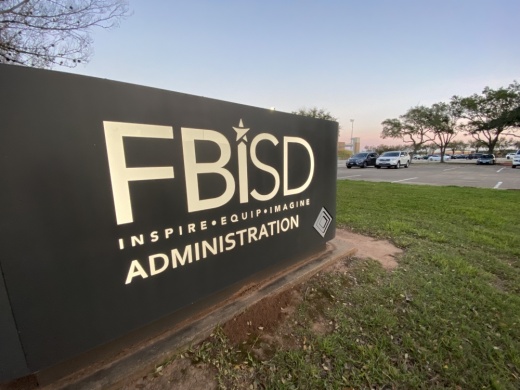Included in that approval is a 2%-3% salary increase for teachers and other staff, bringing the starting teacher pay up to $59,500 beginning in July, the district announced in a June 20 news release. Of the $768 million found in the general fund, $679 million represents salary and benefits, according to the release.
In total, including the district’s general fund, debt service fund and child nutrition budget, that equals approximately $930 million, according to June 20 agenda documents. The approved general fund represents more than a 4% increase compared to the year prior.
The approval also partially addresses an approximately $49 million shortfall in the 2022-23 budget, a shortfall that would prevent the district from meeting its 90-day fund balance reserve that is required by district policy, said Bryan Guinn, the district’s chief financial officer.
Helping to offset that deficit are $27 million in unallocated federal Elementary and Secondary School Emergency Relief funds granted to the district from the Coronavirus Response and Relief Supplemental Appropriations Act. When combined with FBISD’s existing reserve, the district is able to meet that 90-day requirement for the 2022-23 budget, Guinn said.
“For the general operating budget, the ESSER funds—barring the decision not to call a [tax rate election], the ESSER funds will allow us to function within our 90-day fund balance,” Guinn said during the June 20 meeting.
A tax rate election would allow FBISD to ask voters in November to approve a tax rate hike in order to increase the district’s revenue. This would allow the district to help address future budget deficits, because while ESSER funds help the district meet its reserve requirement for the 2022-23 year, they are one-time use only, Guinn confirmed to board Trustee Rick Garcia.
However, the district still needs to address revenue, board Chair Kristen Davison Malone said. This comes as out of the $49 million shortfall, $26 million can be attributed to enrollment not meeting expectations.
“There is a way to get more revenue, and that is to get more kids back in our schools,” Malone said. “So whatever we can do to increase our revenue and enrollment, we need to be focused on that, because I would hate to see the aftermath effects of a TRE failure in our district.”





